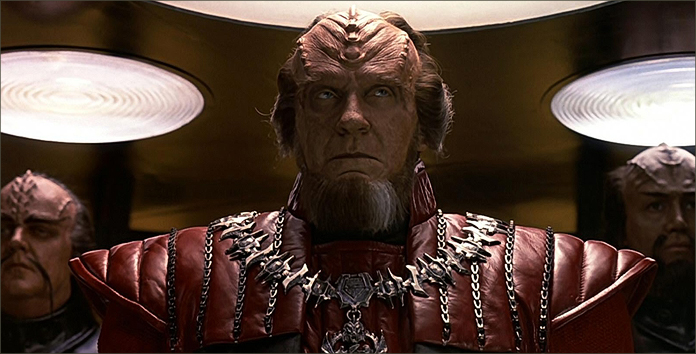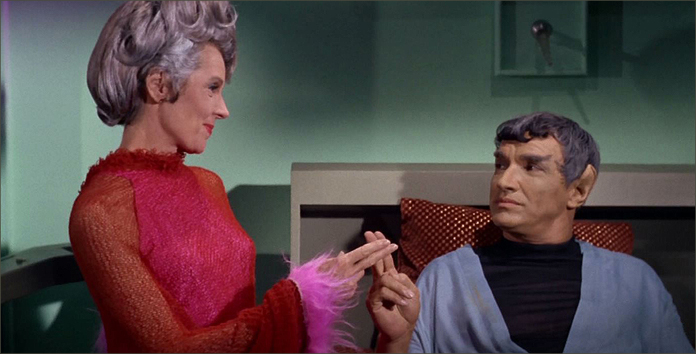The conclusion to the epic trilogy that stretches from the earliest voyages of the Starship Enterprise to Captain Kirk’s historic five-year-mission—and from one universe to another—just in time for the milestone 50th anniversary of Star Trek: The Original Series!
Eighteen years ago, the Starship Enterprise thwarted an alien invasion from another universe, and Captain Robert April took possession of the interdimensional transfer device that made it possible. Since then, each captain of the Enterprise, from Christopher Pike to James T. Kirk, has guarded this secret with his life.
Now, Romulan agents have succeeded in stealing the device and using it to banish Ambassador Sarek and Councillor Gorkon to an unknown realm in the midst of their groundbreaking Federation-Klingon peace negotiations.
With time running out as interstellar war looms in one universe—and alien forces marshal in another—will Captain Kirk and his crew preserve the tenuous peace and reclaim the key between the dimensions?
A crew to rescue, an enemy to overcome, and the fundamental nature of a strange, otherworld reality is revealed. Just another day for the brave crew of the Starship Enterprise!
In many ways, Purgatory’s Key had a simple task: wrap up the storylines that had been set up in the previous two books in the Legacies trilogy. Purgatory’s Key could easily do that in a simple, 1-2-3 manner, but good Star Trek stories are seldom simple. The writing team of Dayton Ward and Kevin Dilmore have applied their usual skill to craft a story that concludes Legacies in an interesting and compelling manner.
For me, the most fascinating part of Purgatory’s Key was the slow revelation of the nature of the alternate universe that people from our universe are banished to by way of the Jatohr transfer key. The idea of it being not so much a physical space and instead a sort of mindscape “waiting room” makes sense, given the effect over the environment that Captain Una is able to exert. I thought it was a fascinating development that tracks with the clues we have been given over the two previous books.

Additionally, getting to spend time with Gorkon and Sarek in the alternate reality was a lot of fun. It was interesting to see how various people react to the strange environment of the other universe. Sarek tackles things from a purely analytical perspective, while Gorkon embraces his Klingon-ness and fights alongside the Usildar against the Jatohr.
Seeing this side of Gorkon after only knowing him as a diplomat from his appearance in Star Trek VI: The Undiscovered Country was a nice change of pace. Sarek’s story had another interesting aspect: his telepathic link with his wife, Amanda. The way there were able to communicate was reminiscent of the bond shared between Trip and T’Pol, shown in the Enterprise episode “Affliction.”
Ward and Dilmore have a great command of the voices of the main characters, and I thought their interactions were pitch-perfect, especially the dynamic between Kirk, Spock, and Bones. It was also nice to see that many of the often-forgotten crew are given lots to do. Chekov, Uhura, and Sulu all get their moments to shine in this story.

Another aspect of this story that I appreciated was the representation of both the Jatohr and and Usildar. Oftentimes in Star Trek, alien races are presented as monolithic cultures. Klingons are all warriors, Ferengi are all scheming capitalists, et cetera. However, this story does a good job of presenting the Jatohr as not just an enemy to overcome, but a multifaceted culture with individuals who have varied interests and goals.
While the story could have taken the easy way out and given us an implacable “other” whom we must overcome, it instead gave us something deeper. This is another element that comes through in the best Star Trek stories.
